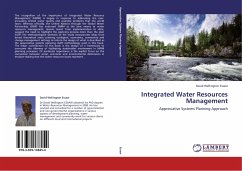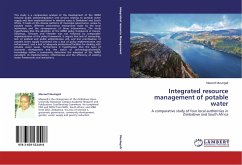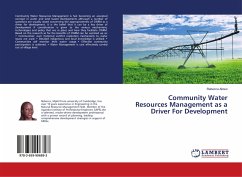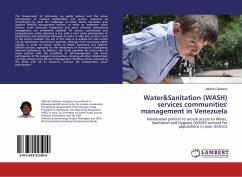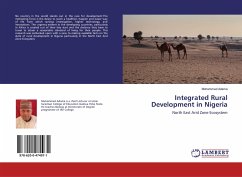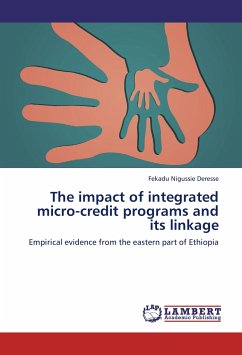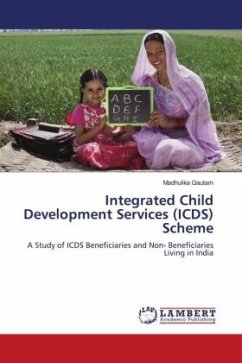The recognition of the importance of Integrated Water Resource Management (IWRM) is largely in response to addressing the ever-increasing limited water quality and quantity problems that the world faces. Whereas officially, the United Nations through the Global Water Partnership (GWP) has endorsed IWRM as the best means to water resources management, lessons learnt from implementation to date, suggest the need to highlight the planning process more than the plan itself. The methodological synthesis of the study incorporates ideas from broad theoretical areas covering ecological, economics, community and change management settings to inform the design of what is described as the appreciative systems planning (ASP) methodology used in this book. The major contribution of this book is the design of a framework to overcome the dilemma of facilitating stakeholder involvement in IWRM planning processes. Of particular importance is the explicit focus on the connection between social, economic and environmental dimensions in decision-making that the water resources issues represent.
Bitte wählen Sie Ihr Anliegen aus.
Rechnungen
Retourenschein anfordern
Bestellstatus
Storno

